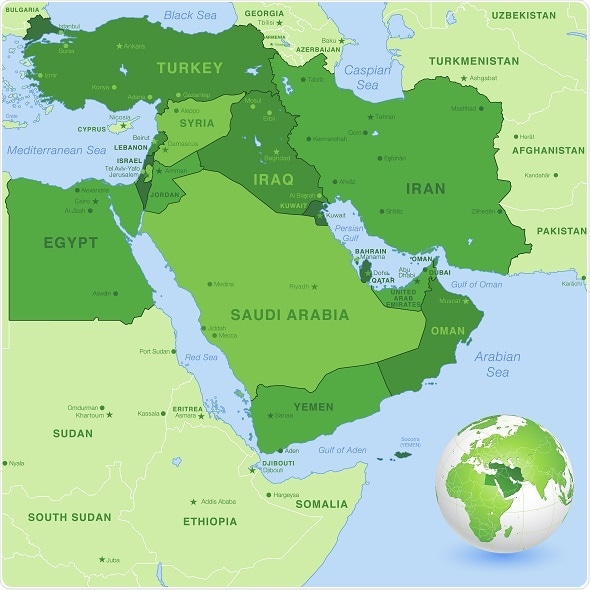Site Under Development, Content Population and SEO, Soft Launch 1st January 2020
Traveling to foreign countries is always exciting, but it is necessary to take some elementary precautions to keep yourself healthy and alive throughout your trip. These include:

Vaccines that are expected to be taken by all travelers include:
The MMR vaccine
The MMR vaccine protects travelers against catching mumps, measles, and rubella infections. If all travelers were vaccinated appropriately, this would prevent a huge proportion of infections from being brought back into the host country to affect other unvaccinated people.
Proper precautions include:
Other childhood vaccines
These are expected to have been routinely taken in childhood, and include:
Tourists and travelers in the Middle East are also advised to have:
Hepatitis A
To protect against jaundice transmitted through contaminated food or water, and taken as 2 doses 6 months apart
Typhoid vaccine
This is to protect against the transmission of typhoid germs through food or water, either as oral vaccine or in the injectable form. Its efficacy ranges from only 50-80%, so that you should take care not to expose yourself to unhealthy or contaminated food. It is recommended in the West Bank and Gaza, but not in Israel itself.
Hepatitis B
It is recommended in the following cases:
Three doses are required, at 0, 1, and 6 months from the date of the first vaccination. An accelerated schedule is also possible in some cases. It is more than 90% effective. Most children in developed countries receive this vaccine in infancy.
Rabies
Rabies vaccinations are needed if you are:
Yellow fever
This vaccine is NOT required for your safety in many countries in the Middle East. Many governments in this part of the world require proof of this vaccination if you come from a country with exposure to yellow fever.
Polio
This vaccine may be needed for travelers in certain parts of the Middle East. The highest risk is when you work in or visit humanitarian projects such as refugee camps or health clinics. The usual dose is three doses of injectable polio vaccine at an interval of 28 days each, but adults require only a single booster shot.
Meningococcal vaccine
This type of meningitis is caused by the meningococcus bacterium. The disease is deadly and highly contagious through close contact. Travelers to Saudi Arabia for the Hajj pilgrimage are required to take this vaccine. A delay of up to 10 days occurs before the vaccination takes effect.
Cholera
Cholera vaccine may be recommended for people who are likely to work in humanitarian aid centers or those who may be traveling or staying in remote areas. It is given as two doses one to six weeks apart, but children require a third dose after the same interval.
Traveling to the affected area should be planned at least a week after the last dose. Revaccination may be required, or at least a booster, if a vaccinated individual plans to visit an affected or high-risk area.